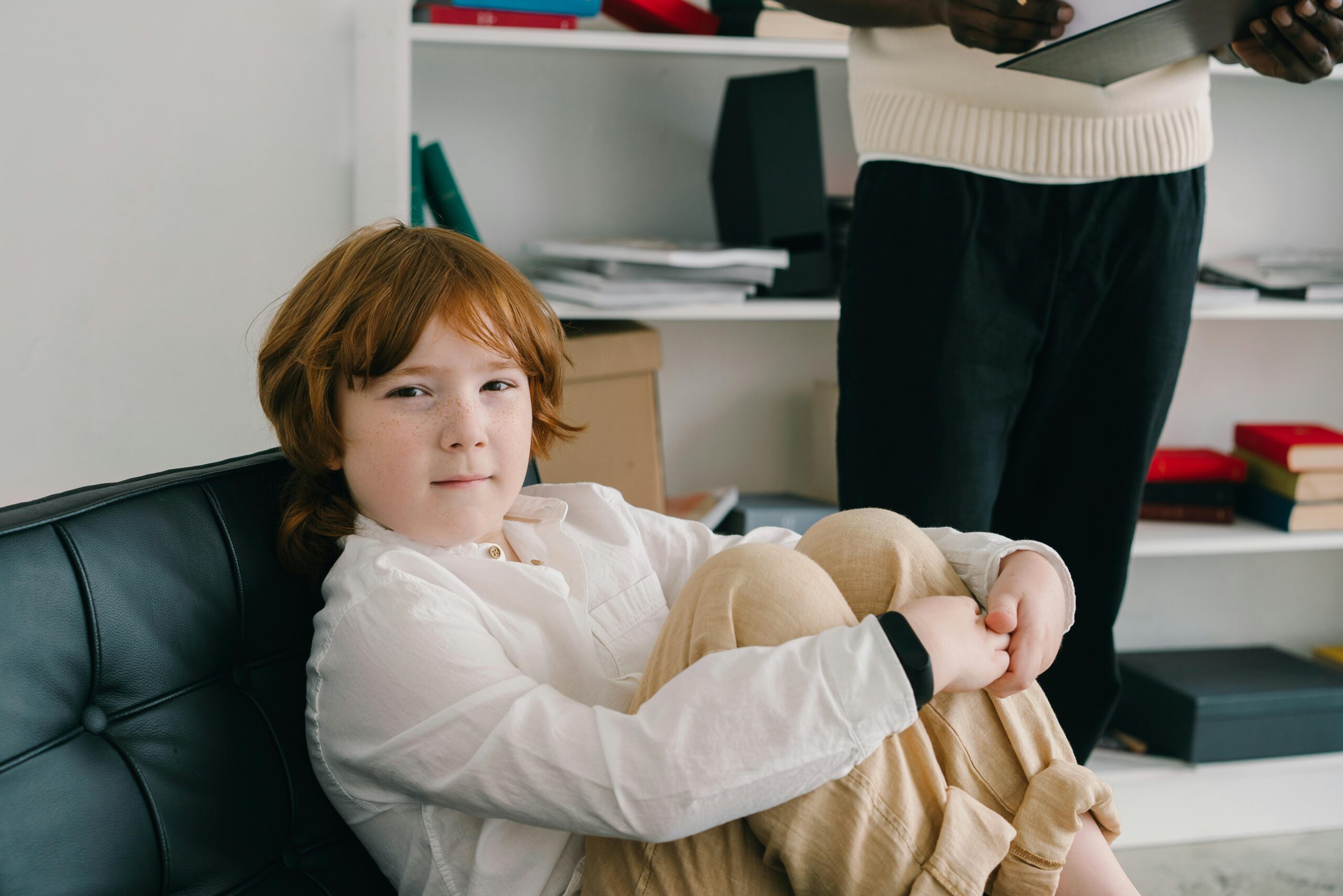
When a child struggles to manage their emotions, it affects the entire family. Simple, everyday situations become stressful.
Parents searching for a path forward, one that offers real solutions, often find Applied Behavior Analysis (ABA) therapy.
ABA provides practical tools, not just theories. It is a structured, scientific approach designed to improve a child's behavioral health by teaching new skills and reducing challenging behaviors.
This therapy helps create lasting, positive change for children and their families.
Applied Behavior Analysis is a therapy based on the science of learning and behavior. It operates on the principle: Positive behaviors can be taught and encouraged using reinforcement.
It is not a one-size-fits-all program. Instead, a Board Certified Behavior Analyst (BCBA) designs a plan tailored to each child's specific needs.
While it is well-known for its effectiveness with children who are on the Autism Spectrum, its principles also successfully support children with other developmental and behavioral disorders, like ADHD.
To understand how ABA works, it's important to first understand two main concepts.
Children with poor emotional regulation often act out. They may have disruptive behaviors because they have not learned a better way to express their feelings.
ABA therapy directly addresses this by teaching children to identify and communicate their emotions. It also examines the "ABCs" of behavior:
By understanding this pattern, a therapist can identify the cause of a behavior. Then, they can teach the child a better way to respond.
For example, if a child screams to escape a difficult task, the therapist can teach them to ask for a break instead. Ultimately, this process replaces a challenging behavior with a useful skill.
Many of these strategies are core to the programs at our ABA learning center.
ABA therapy proactively builds a foundation of skills that support long-term behavioral health. It helps children develop a toolbox of strategies they can use when they feel overwhelmed.
By mastering these skills through positive reinforcement, children gain confidence and a sense of control. This empowerment is central to their well-being and helps them interact more successfully.
Examples of these skill-building blocks include:
Your child's growth is a process of building one skill upon another. ABA therapy provides a clear, structured framework to guide that process and support their behavioral health.
You do not have to figure this out alone. Our team of licensed professionals is dedicated to creating personalized plans that foster real change.
We provide the tools and support your family needs to move forward with confidence.
Disclaimer: The content in this blog is provided as general information only and should not be taken as professional advice. All content is offered with no guarantees or warranties, and the blog does not substitute for professional consultation or service. Always consult a professional before making any decisions based on the content of this blog.